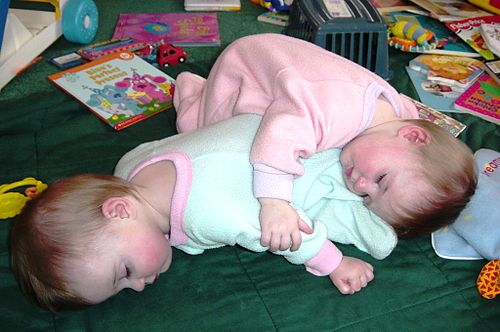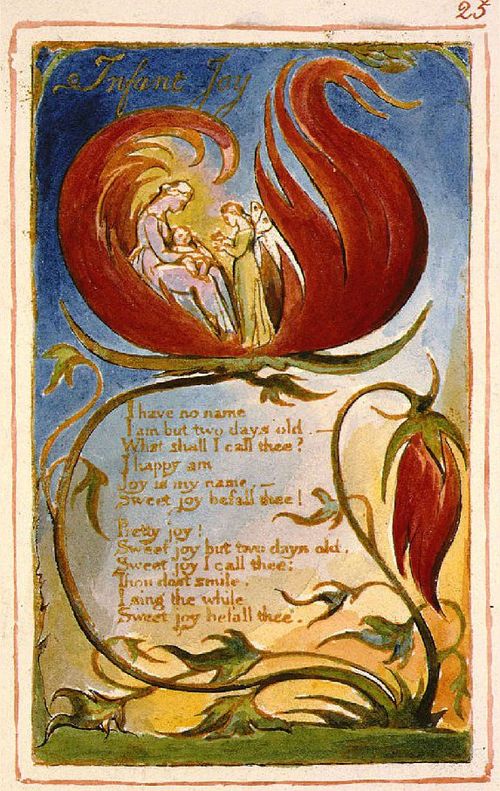Infantnoun
A very young human being, from birth to somewhere between six months and two years of age, needing almost constant care and/or attention.
Infantnoun
(legal) A minor.
Infantnoun
(obsolete) A noble or aristocratic youth.
Infantverb
(obsolete) To bear or bring forth (a child); to produce, in general.
Infantnoun
A child in the first period of life, beginning at his birth; a young babe; sometimes, a child several years of age.
Infantnoun
A person who is not of full age, or who has not attained the age of legal capacity; a person under the age of twenty-one years; a minor.
Infantnoun
Same as Infante.
Infantadjective
Of or pertaining to infancy, or the first period of life; tender; not mature; as, infant strength.
Infantadjective
Intended for young children; as, an infant school.
Infantverb
To bear or bring forth, as a child; hence, to produce, in general.
Infantnoun
a very young child (birth to 1 year) who has not yet begun to walk or talk;
Infant
An infant (from the Latin word infans, meaning 'unable to speak' or 'speechless') is the more formal or specialised synonym for the common term baby, meaning the very young offspring of human beings. The term may also be used to refer to juveniles of other organisms.
Neonatenoun
A newborn infant; recently born baby.
Neonatenoun
A newborn child, especially one less than one month old.
Neonatenoun
a baby from birth to four weeks


















